On the afternoon of August 5, Jiang Lan, President of Beijing Institute of Technology (BIT) and Academician of the Chinese Academy of Sciences (CAS), led a delegation on an inspection visit to Shenzhen MSU-BIT University (SMBU). He was accompanied by Li Hezhang, SMBU's President, and Chen Chaofeng, SMBU's Deputy Secretary of the Party Committee and Secretary of the Discipline Inspection Commission.
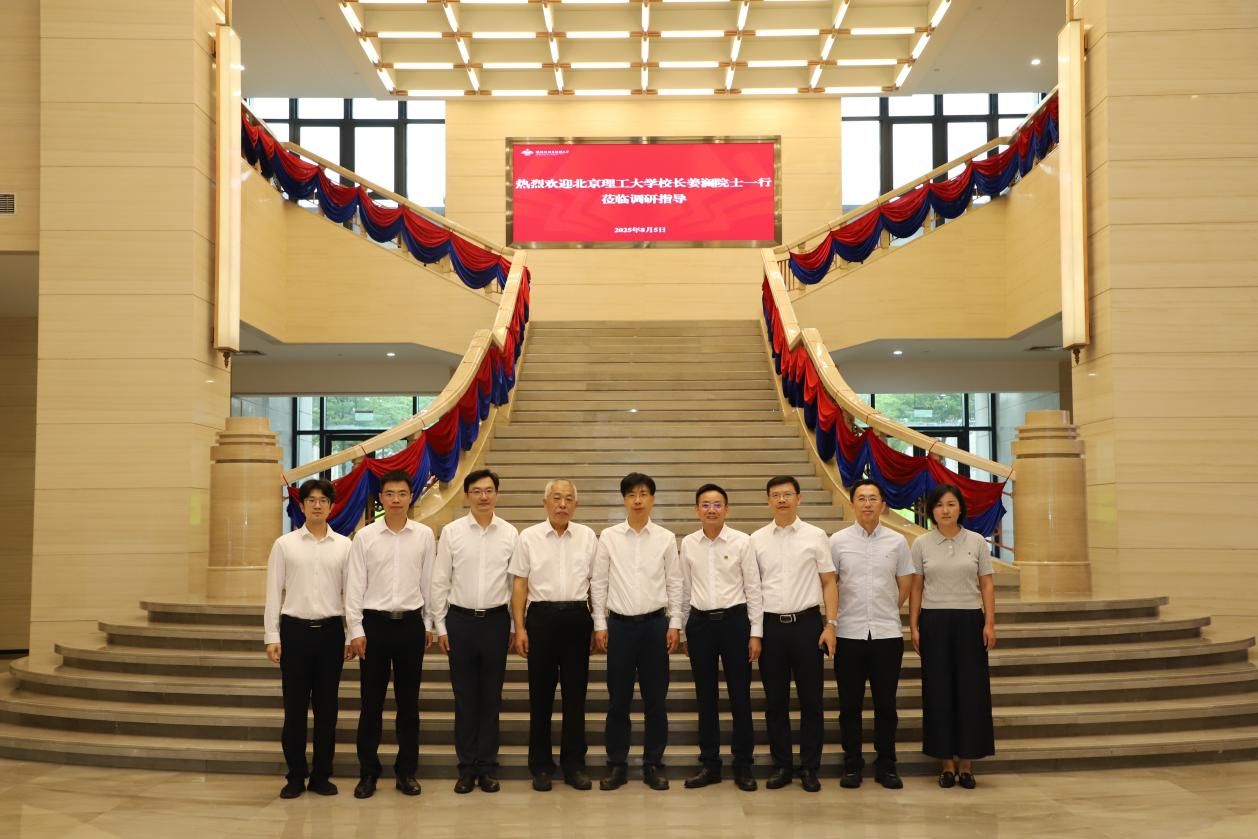
Jiang Lan conducted on-site inspections of the Department of Materials Science laboratories, the University History Museum, and the thematic exhibition "Classmates: Youthful Years – Overseas Study Archives in Russia Witnessing the Century-long Road to Rejuvenation." He also listened to detailed work reports from key departments.
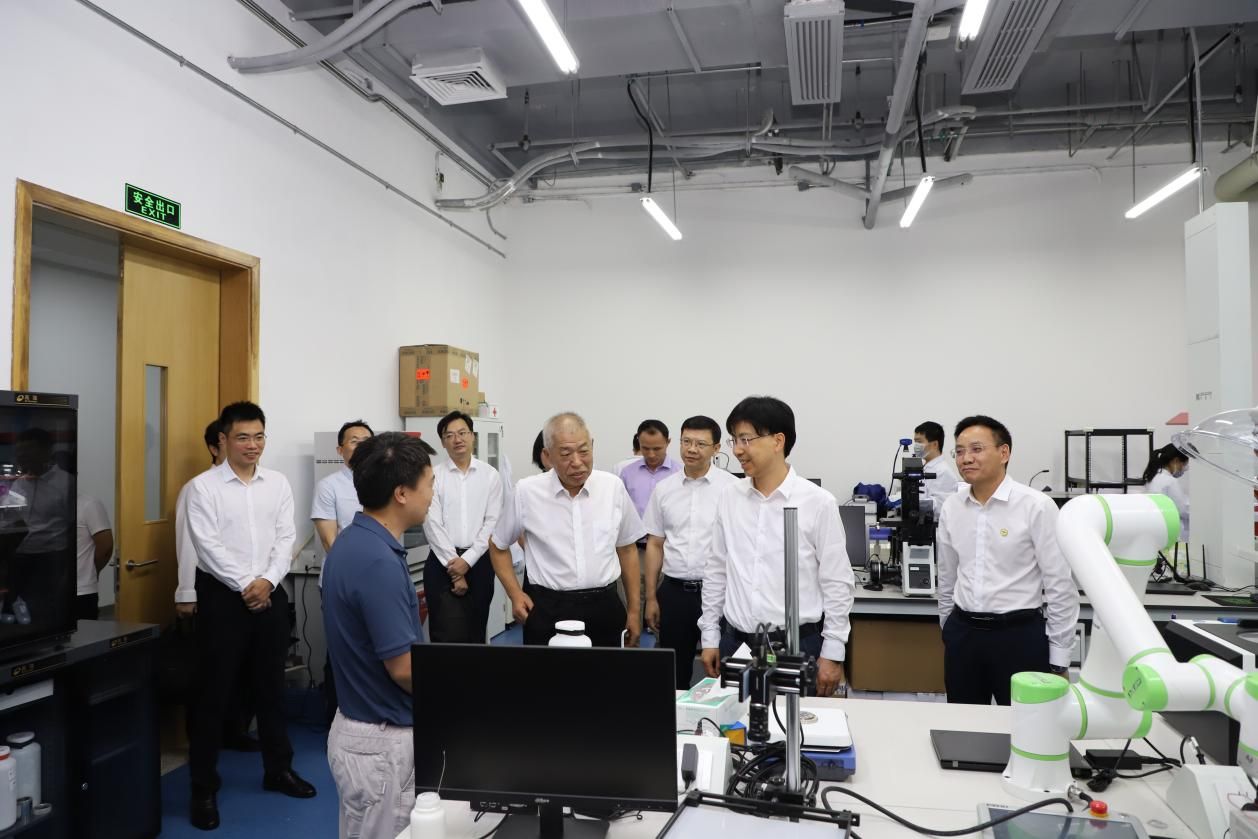
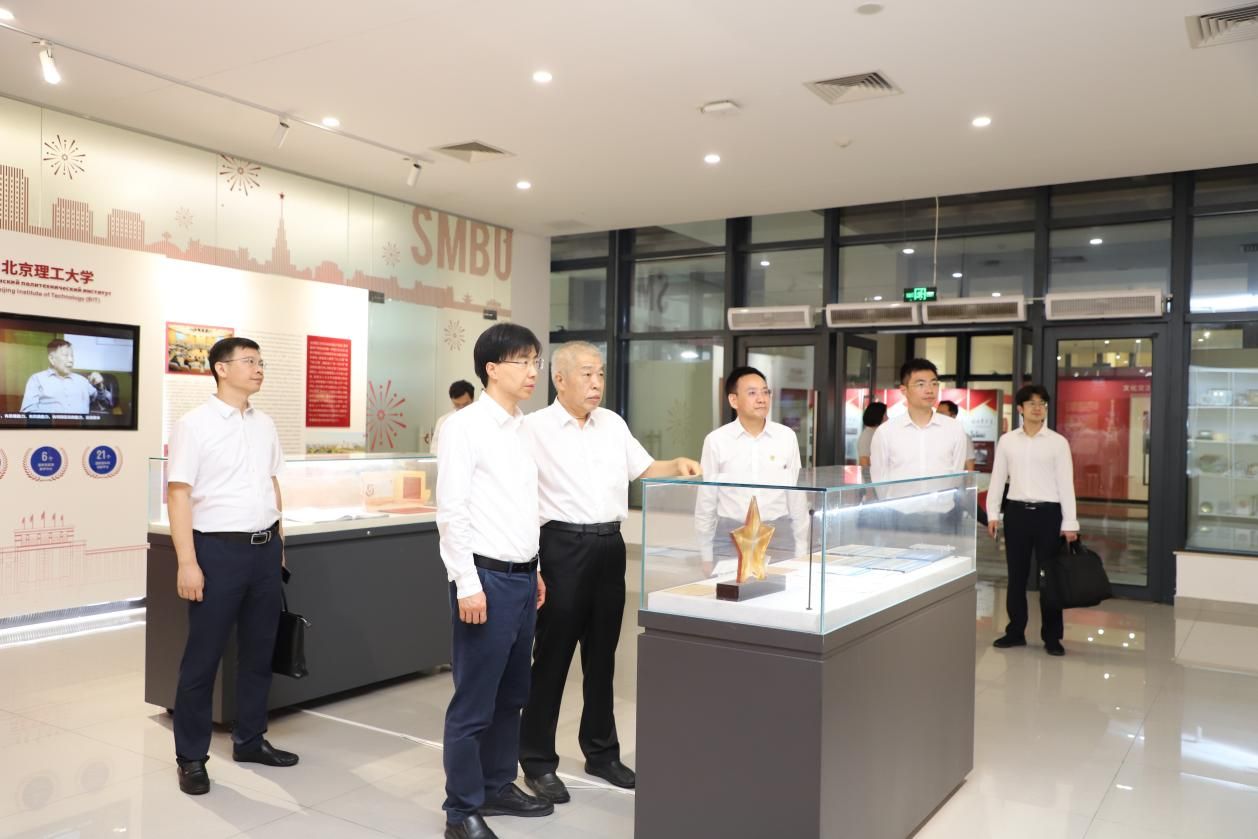
At the symposium, President Li Hezhang extended a warm welcome to Academician Jiang Lan and his delegation, expressing gratitude for BIT's long-standing support. He provided an overview of SMBU's general situation, covering the history and achievements of the university's establishment, the talent cultivation system, research progress, faculty development, and international cooperation and exchanges. He also outlined the university's key tasks for 2025. Li Hezhang noted that during the eight years since its establishment, SMBU has largely achieved the phased goals set during its initial construction phase in terms of talent cultivation, disciplines and programs, and the scale of the faculty team. Currently, SMBU is transitioning from its start-up phase into a period of rapid development.
At this critical juncture of pursuing high-quality and connotative development, SMBU, supported by BIT's leadership, will enhance its core metrics of operational capability by aligning with major national strategic needs. The university aims to achieve its construction goals by 2030, specifically "securing a position in the first tier of Sino-foreign cooperative universities in terms of key operational metrics" and "consolidating its status as the top Sino-Russian cooperative university," while continuously breaking new ground as China's first Sino-Russian cooperative university.
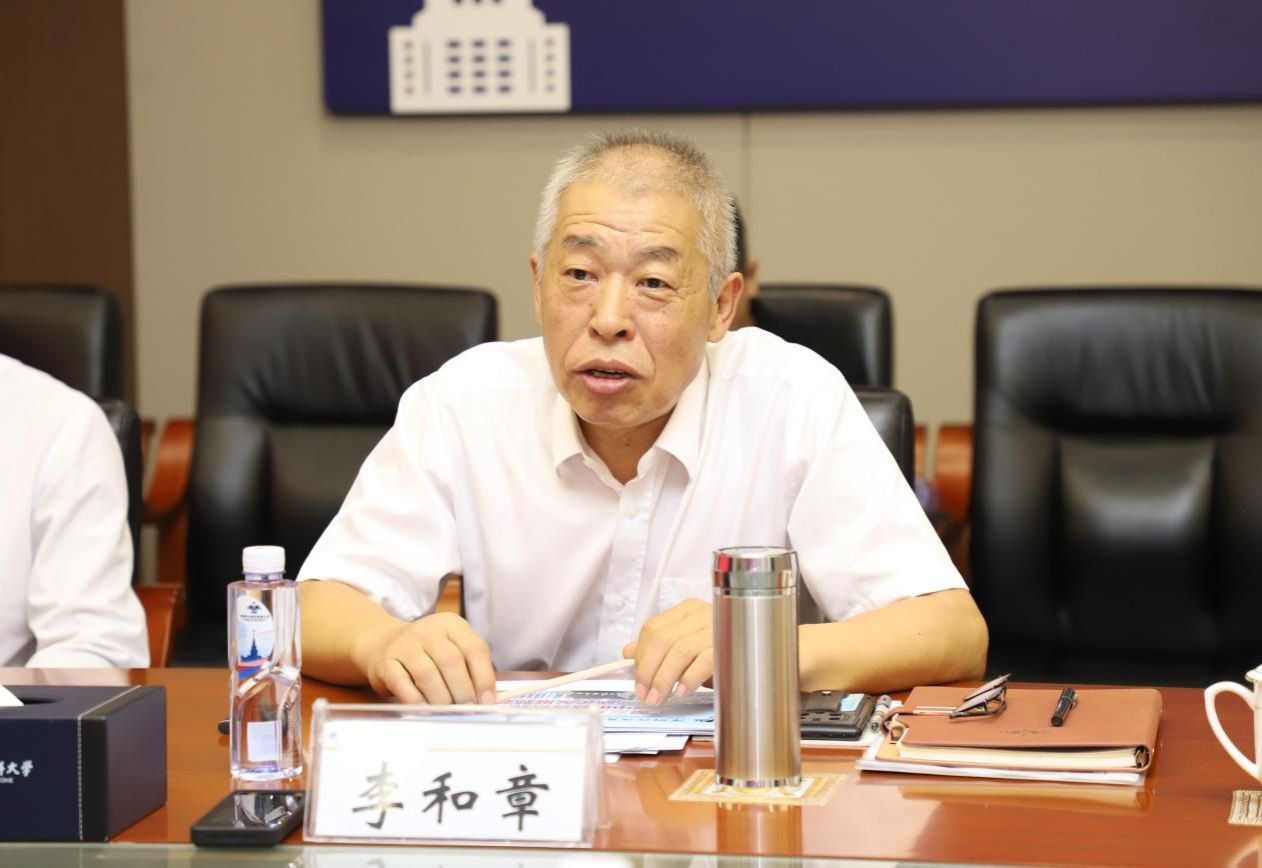
Jiang Lan fully affirmed the achievements made by SMBU in talent cultivation and expressed sincere congratulations on their accomplishments on BIT's behalf. Drawing from the spirit of congratulatory letters from President Xi Jinping and President Putin, he presented seven suggestions for the university's future development: First, adhere to the critical guidance conveyed in the congratulatory letters from the leaders of China and Russia for its first opening ceremony, aiming to build a unique, world-class, high-level university, cultivate high-quality international talents, and create a model of Sino-Russian cooperation with high levels of contribution; Second, optimize the operational mechanisms of decision-making systems such as the tripartite joint conference and the Board of Directors, establish regular reporting and communication mechanisms, and develop a matrix of 3-year, 5-year, and 10-year plans for SMBU; Third, construct a sustainable support system by establishing a diversified funding mechanism, striving for national strategic funds, and expanding social financing channels; Fourth, expand the scale of postgraduate education, actively apply for master's and doctoral degree conferral rights, deepen educational reforms, and enhance the capacity for cultivating high-level talents. Fifth, deepen Sino-Russian scientific and technological cooperation, pursue national-level sci-tech platforms such as "Belt and Road" joint laboratories and major research projects, and promote the integration of industry, academia, research, and application; Sixth, strengthen cultural exchanges, increase the number of international faculty and students, initiate and host branded cultural activities like the Sino-Russian University Presidents' Forum and Sino-Russian Science Lectures, and build a distinctive ideological and political education brand leveraging Chinese and Russian red resources; Seventh, create a special zone for Sino-Russian educational cooperation, developing a leading example for a "Sino-Russian Education Community with a Shared Future," thus opening broader prospects for the university's high-quality development in its new phase. Jiang Lan stated that BIT will continue to support SMBU's development. He affirmed that SMBU, with the collaborative support of the three cooperative partners, would propel Sino-Russian cooperation in education, science and technology, and talent cultivation to new heights at an unprecedented pace, meeting the high expectations of leaders from both China and Russia. He encouraged SMBU to deliver unique contributions with global influence towards national prosperity, ethnic rejuvenation, and the mutual progress of both nations.
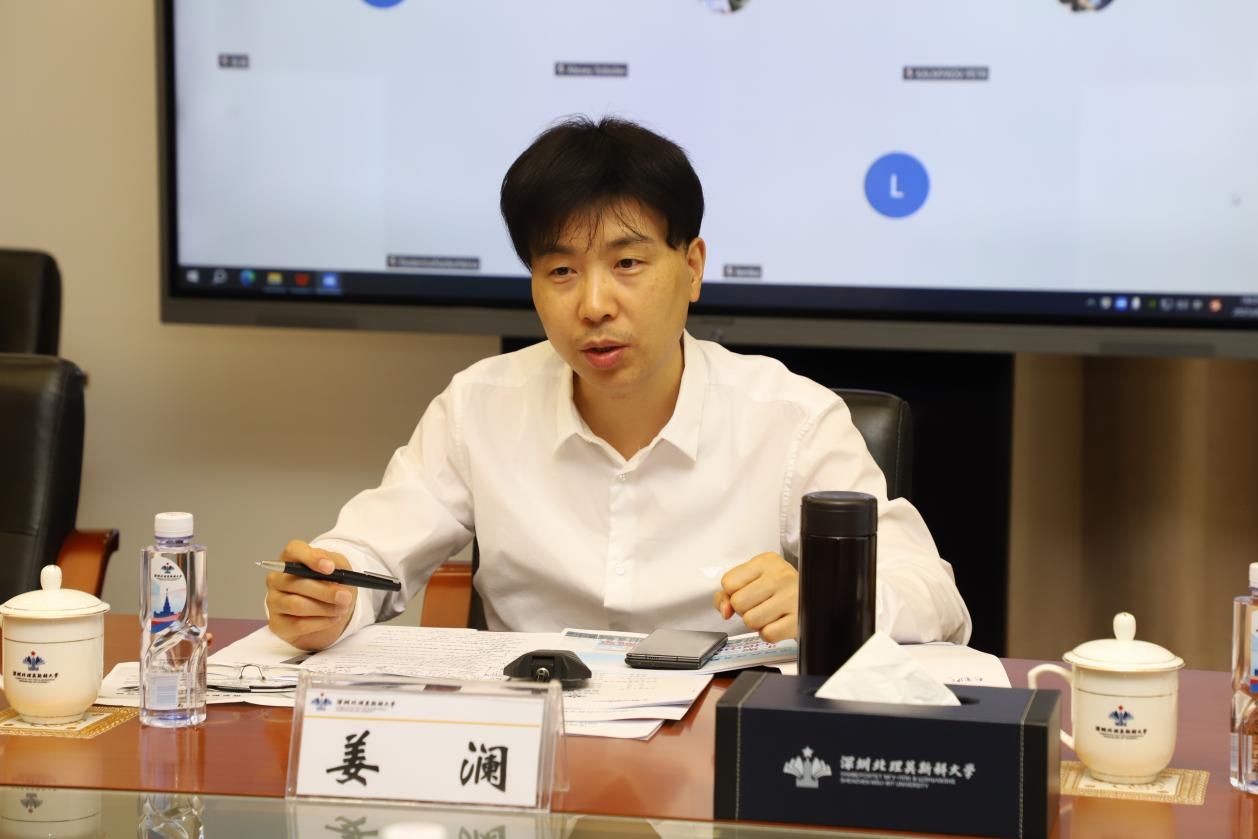
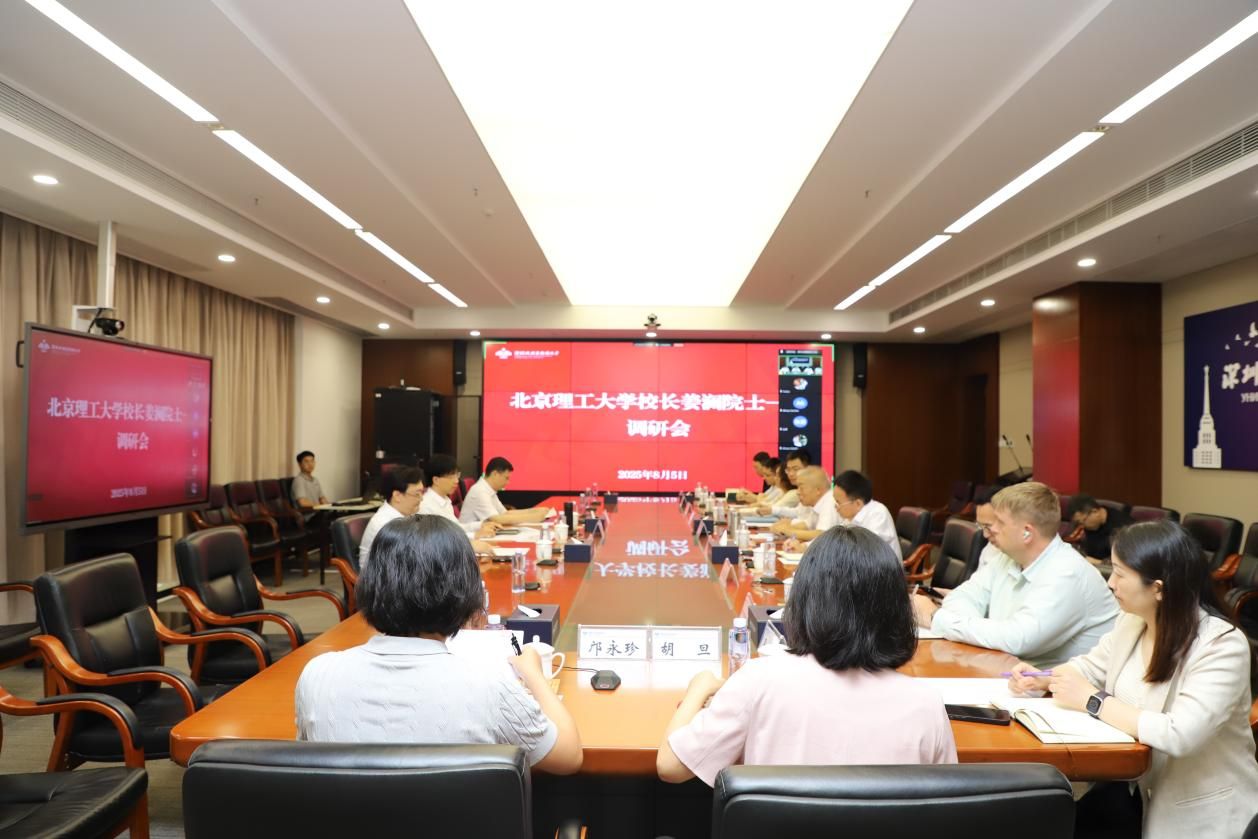
Additional inspection participants included the head of the BIT Party and Government Office, the head of the BIT Zhuhai campus, and various SMBU departmental leaders.